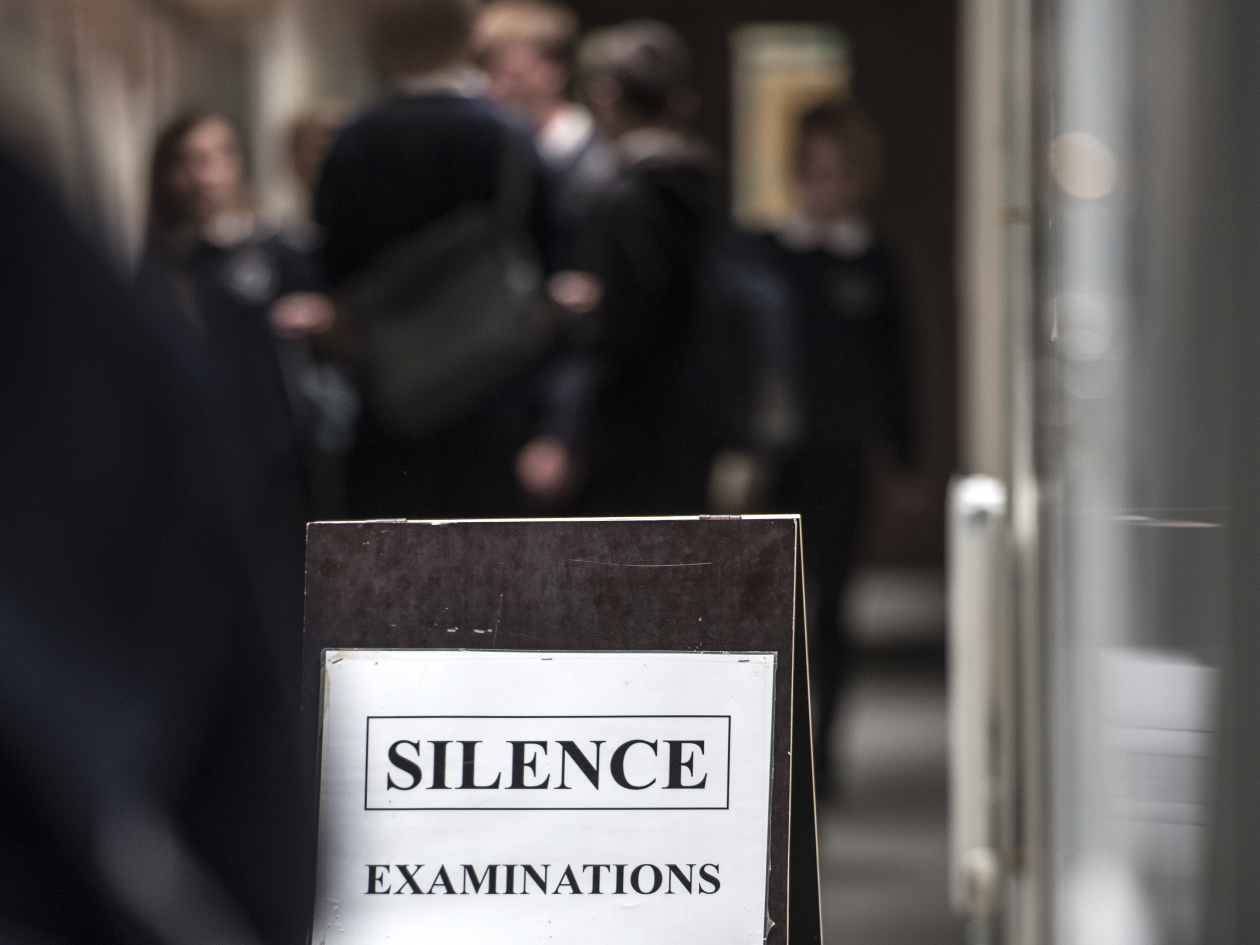Our ESRC Research Centre on Micro-Social Change will hold a roundtable discussion event with policy experts in child development, school behaviour interventions and young offending on Tuesday 23 September in Westminster to explore the implications of our latest research in the field.
Schooling, Skills and Sanctions: Research on children’s development, school behaviour policy, and crime from the ESRC Research Centre on Micro-Social Change will encourage expert contributions to discussions exploring the links between children’s social and emotional development, behaviour in school, and the risk of later involvement with the criminal justice system – and how schools could intervene to alter these trajectories.
We will present our latest research on the links between socio-emotional skills, educational attainment, risks of criminal behaviour in young adulthood, and adult earnings and employment opportunities. We’ll then present our new research on the impacts of different school approaches, resulting from the introduction of early play-based learning in Wales and school autonomy in England.
The event will conclude with a round-table discussion about the range of different behaviour and disciplinary approaches employed by schools, the trade-offs they entail, and priorities for future research.
Agenda
10.15am-10.30am arrival and coffees
10.30am Session 1: Child social and emotional skills, crime, and earnings
Dr Paul Garcia draws on the linked DfE National Pupil Database–Ministry of Justice dataset, and Dr Ben Etheridge uses a nationally representative cohort study to follow children from the start of primary school through to early contact with the criminal justice system and later labour market outcomes. They find that early social and emotional skills are strong predictors of these outcomes, though the effects are not always straightforward. For instance, childhood conduct problems are strongly associated with early involvement in criminal activity, but also predict higher earnings later in life.
Discussion – Are we sometimes mistaking entrepreneurial spirit or leadership potential for bad behaviour in childhood? If so, how should schools channel these traits into something constructive without stamping them out?
Break
11.20am Session 2: Impacts of curriculum and behaviour policies: Current evidence and the need for more
We begin with evidence on the impacts of changes to school behavioural policies. Dr Hester Burn examines the effects of Extended Play-based Learning—rolled out for 5–7-year-olds across Wales—on school absences and exclusions. Dr Emma Duchini analyses the impact of conversions to sponsor-led academy status in England, which gave schools greater autonomy over discipline and behaviour policy, on educational outcomes and early involvement in crime.
Dr Angus Holford and Dr Luca Favero will then review the current evidence on the impacts of various behavioural policies and practices, including Restorative and Relational Practices. They will also highlight potential interactions and trade-offs such as the different effects on pupil and teacher welfare.
Discussion – Beyond the approaches studied here, what other policies or practices could schools use to break the school-to-prison pipeline? And what research evidence does your organisation most need to guide action?
12.30 -1.15pm
Final discussion – If you could redesign school environments to both nurture children’s social and emotional development and reduce their risk of later justice system involvement, what would be your top priority—and why?
Attendance at this event is invitation only. For further information please contact Louise Cullen, Head of Communications and Engagment at ISER.
